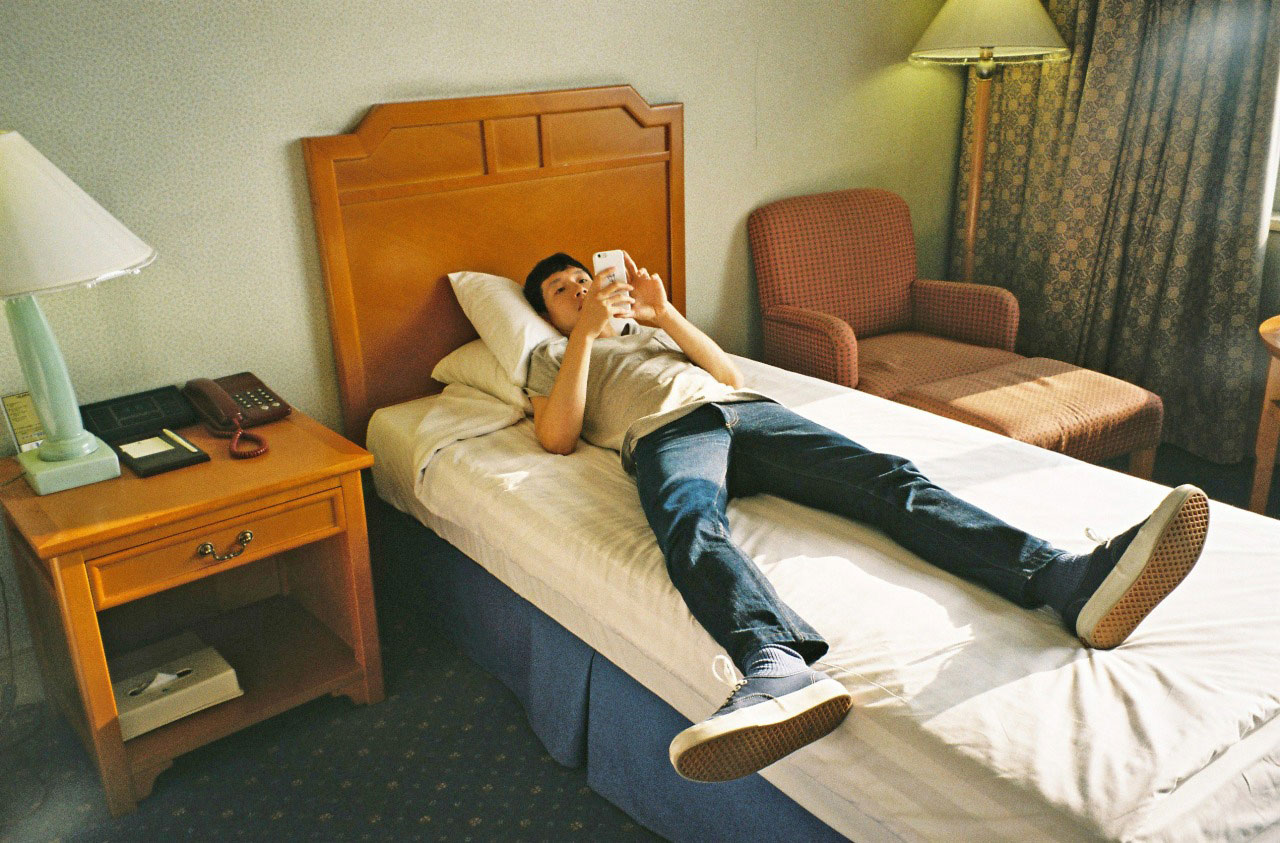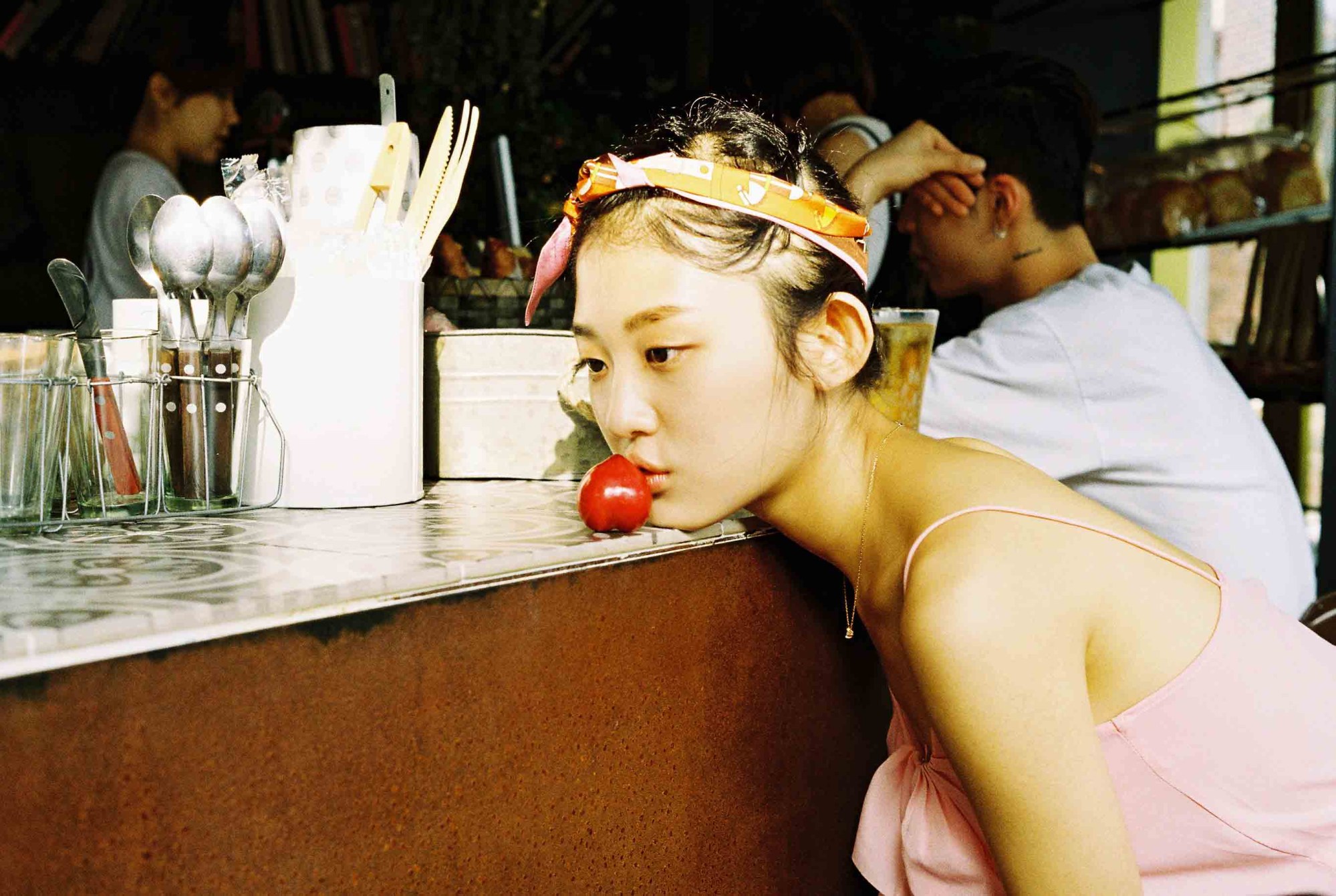It’s a rainy afternoon in Seoul, the South Korean capital. At a woodsy-meets-minimalist, Scandinavian design-influenced cafe in the heart of the city, tables are filled with well-dressed customers chatting leisurely over cups of flat whites and glasses of grapefruit-infused lemonade.
At one table, four women are chatting about their marriages and families – discussing the variety of hagwons, or cram schools, their children attend.

Another group, consisting of two unmarried women and a man, are deep in conversation about marriage and their dream weddings. “How long have you been with your girlfriend?” one woman asks the man. “You two better get married soon,” the other follows.
For all the talk of romance, marriage and family that seems to go on in highly conservative, traditional and collectivist South Korea, it certainly does not seem like a nation where birth rates, along with marriage rates, are so low that the entire population is projected “to face natural extinction” by 2750, according to 2013 government projections. South Korea recorded its lowest-ever birth rate last year; an average of 1.05 children born to women aged 15-49.
But in a country best known for propagating intensely romantic images of innocent, heteronormative love demonstrated through K-Pop songs and syrupy sweet K-dramas (Korean TV dramas); more and more young Koreans are in fact turning against social institutions like marriage and the atomic family, as they increasingly embrace independence, and honjok – or loner, lifestyles.

“When I was in middle school, I thought honjok were people who had no friends or social life. But becoming one these days is now reasonable,” said Jenna Park, a 26-year-old recent graduate. “It’s really hard to meet the right partner, and even friends. The society is so competitive. People have to focus on their jobs and not on making friends.”
Like in many other developed countries in the west, South Korean millennials face an increasing shortage of jobs and financial security; young Koreans are beginning to lament the difficulties of dating, marriage, and starting their own families.
“There is usually the expectation for people to be in relationships,” said Kim Dae-young, a 19-year-old man. “If you don’t have a partner and are alone, you’re regarded as a loser.”
But this is changing because many young Koreans can no longer afford to date or marry. “I don’t think that people would choose to be alone, they might like to have a partner, but they usually don’t have the time [or money] for it,” said Kim.
Along with sayings like YOLO (‘You Only Live Once’) — a term young Koreans have appropriated in a way that means “live for your own enjoyment”; the term chae-sik nam, or “vegetarian man”, has also been trending since 2013. The “vegetarian man” is a local variation on Japan’s “herbivore men” – a new wave of young men who have little interest in sex, relationships and marriage.

Kim Seo-yeon, a 28-year-old PhD candidate specialising in populism, says this push away from relationships and responsibility is in reaction to the financial burdens Korean men must take on. “In Korea, what chae-sik nam really refers to are people who don’t seek out relationships because they are so tired of trying,” she said. “Men in relationships and marriages are expected to pay for everything — coffee, food, dates… I think they get tired of this. [And] while the economy is bad, men know that even if they go to the top-tier universities, they can’t get jobs or afford to date. They know they can’t play the leadership roles society requires of them.” South Korea is in a similar position as post-recession 90s Japan, she added.
Besides Korea’s chae-sik nam, millennial women are also pushing back against serious relationships and conventions like marriage, but for a different set of reasons. Jenna Park tells of a story when a female friend went to meet her boyfriend’s parents and relatives for the very first time. “My friend went to her boyfriend’s grandmother’s birthday part, and the moment she arrived, they gave her a tray and asked her to start serving food.” Park says her friend then worked tirelessly all evening.
“Around Chuseok [Korean Thanksgiving], or the Lunar New Year, there are always news stories saying the divorce rate has gone up after these holidays,” said Kim Seo-yeon. “Modern Korean women live their lives as independent women for rest of the year, but on certain days they are servants, serving food and washing dishes in others’ homes.”
Adding to this is the notion that women have to choose between their careers or marriage. “The traditional way of dealing with women in the workplace is you have a baby, and you’re fired,” said Michael Hurt, a sociologist and research professor at the University of Seoul.
One other disincentive is social death once women get married and have children, according to Hurt: “Once she has all these [motherhood] duties, the wife is not supposed to do anything with friends. If you’re a 30-something-year-old woman, you’re not supposed to go out and have fun with friends.”

“My mother wanted to become a teacher, but then my paternal grandmother told her that ‘Women cannot earn more than men, so just stay home and take care of your husband,’” said Jenna Park, adding that she grew up watching her mother’s generation of women comply to these rules.
It’s still sad that women have to make a choice, said Kim Seo-yeon: “In my opinion, we shouldn’t be asked to choose. We should choose when we want. But it’s going to take time, at least 30 years, to change this way of thinking.”
Overall, the pressures that regular, cis-gender men and women face in modern Korea may prove to be too much. “This place is facing a demographic collapse for sure,” said Michael Hurt. “Basically, if you are going to punish people for getting married and having babies, then people are going to put off marriage and having babies.”
